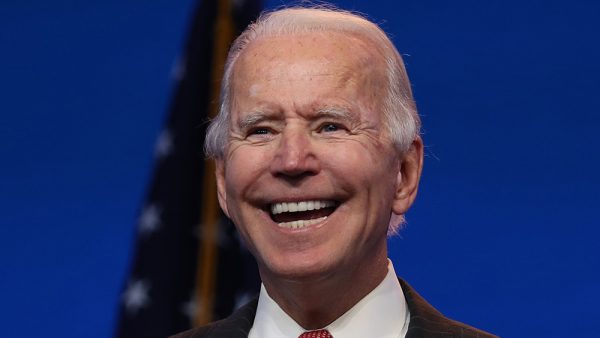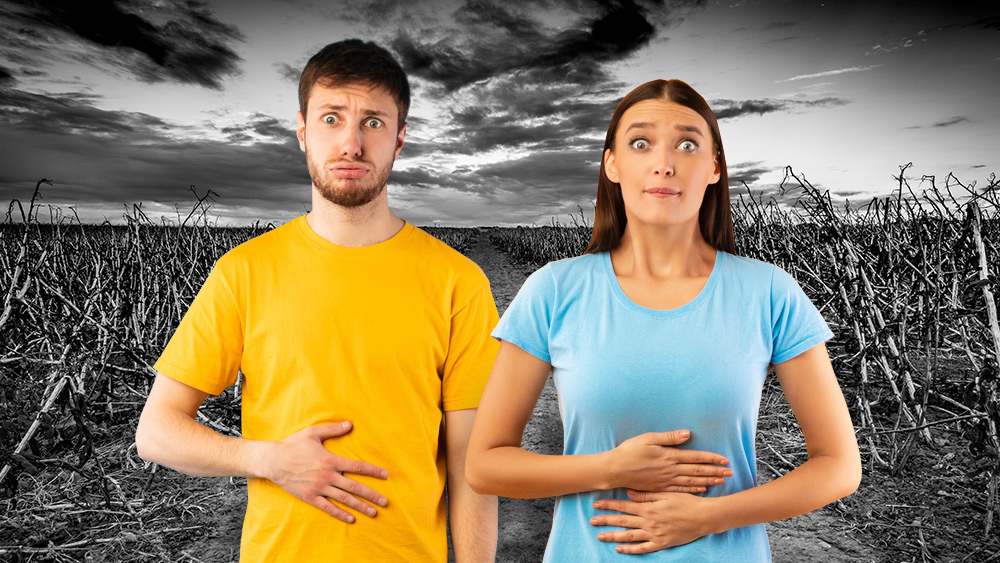 Parler
Parler Gab
Gab
Retailers to decrease predictions due to fuel and freight costs
Saunders said more retailers will probably be forced to decrease their predictions to account for rising fuel and freight costs. He added that price increases won't be able to cover the full impact of this challenge. (Related: No signs of slowing down: Diesel price jumps 42.8% from beginning of the year, way ahead of gasoline's 25% increase.) The soaring cost of everything is forcing shoppers to make hard decisions. While total U.S. retail sales remain strong, Walmart and Target both stated that more customers are trading down to inexpensive, private-label grocery items. "The needs are squeezing out the wants," said Michael Baker, an analyst at D.A. Davidson. A switch to more bargain-focused shopping could be a positive sign for Dollar Tree and Dollar General. At the same time, upscale retailers like Nordstrom will be closely followed to see if there are more signs that wealthy consumers are maintaining their spending while others have become very careful. Another thing to check out is the weather. Walmart and Target blamed moist, freezing conditions in early spring for folding sales in certain categories. That could be a trouble for apparel sellers such as Gap Inc., Urban Outfitters Inc. and Abercrombie & Fitch Co. Shipping delays and backlogs were so bad in the past year that Walmart and Target hired cargo ships to keep their shelves stocked. That worked for a while, but this year inventories are getting out of control. The retailers now find themselves loaded with clothes, televisions and other optional items that customers aren't buying as they direct more spending into basic needs and services. As a consequence, the companies took depreciations that eroded earnings. Jennifer Bartashus, an analyst at Bloomberg Intelligence, said it was probable that Costco avoided some of the pressure since its limited range of items has given it more flexibility. "We're going to be thinking a lot more about inventory and the markdown risk that may be associated with inventory. That will be an overhang for earnings next week, and it will be an overhang later in the year as well," Bartashus said. Meanwhile, climbing inflation has put pressure on retailers who are holding at least 20 percent more inventory than they have on average over the past three years, said Bloomberg Intelligence analyst Mike Campellone. Campellone said high inflation and labor costs add to the risk and could negatively affect the credit metrics of investment-grade and high-yield retailers. So far this year, retail bonds are the worst-performing sector in high-yield. According to data gathered by Bloomberg, the industry has collectively dropped 16 percent on a total return basis and that compares to an 11 percent loss for the overall Bloomberg high yield index. Follow Collapse.news for more news about the looming collapse in various industries. Watch the video below to know more about the retail giants who are set to report earnings. This video is from the The Dilemma Show channel on Brighteon.com. More related stories: Costco boycotted antibiotic-fed chickens due to consumer demand, why isn't every food market? US stocks in trouble: Shares could go nowhere based on long-term valuations Whole Foods under fire from angry vendors as retail "racket" snubs small-scale manufacturers Sources include: BNNBloomberg.ca Finance.Yahoo.com Brighteon.comAmericans lining up outside food banks as record inflation continues
By Belle Carter // Share
Diminished US refining capacity from facility closures contributing to soaring gas prices
By Belle Carter // Share
Port of Los Angeles director: US supply chain at risk if rail service does not improve
By Mary Villareal // Share
Massive uprising erupts in Panama over inflation and deteriorating economic conditions
By Arsenio Toledo // Share
Central banks are willing to destroy the global economy if it means saving the stock market
By Arsenio Toledo // Share





